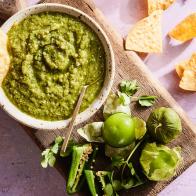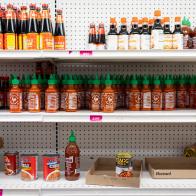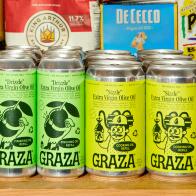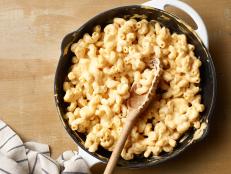Are All Processed Foods Bad for You?
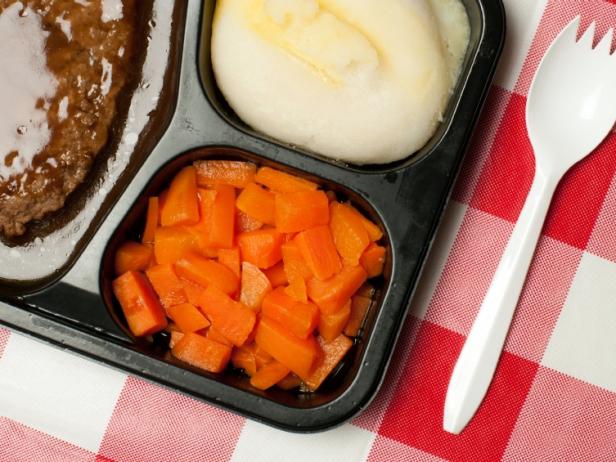
Geoffrey M. R. Hammond, Geoffrey M. R. Hammond
It’s clear that all processed foods are bad for you — or are they? Get to the bottom of this mainstream food mystery. Find out which processed foods you should shun and which you should make a run for.
The word “processed” has become synonymous with “bad for you,” but that’s not the whole truth. Technically a processed food is a packaged item that has undergone a method of preservation to help increase shelf life. So boxes of cookies and loaves of white bread are processed, but so are canned protein and dairy products.
Be on the lookout for the "white stuff." It’s lurking (in high quantities) in places you wouldn’t expect, like flavored yogurts, pasta sauces and savory snacks.
Whether they are low-calorie options or not, TV dinners and the like are not a healthy choice. Instead of whole foods, you’ll find lots of preservatives, sodium and fillers.
Check the ingredient lists on premade muffins, cakes and cookies — you'll find a ton of ingredients you can’t pronounce. The homemade version may be more time-consuming, but it will always have the shorter ingredient list.
Many bottled sauces pack a double whammy of salt and sugar. Drench your food in these sauces and the calories pile up quickly.
Yes, canned foods are processed, but it’s hard to beat this affordable and convenient lean protein.
To keep milk safe, it is processed by pasteurization, a heat treatment used to kill harmful microorganisms. Don’t skip this important source of nutrients, including protein, calcium and vitamin D.
Much like milk, cheese is worth keeping around. It does contain more sodium and fat, so keep portions in check.
Freezing is a method of processing, but there’s nothing unhealthy about fruits and veggies that have been packed and chilled at their peak of freshness.
Dana Angelo White, MS, RD, ATC, is a registered dietitian, certified athletic trainer and owner of Dana White Nutrition, Inc., which specializes in culinary and sports nutrition.


